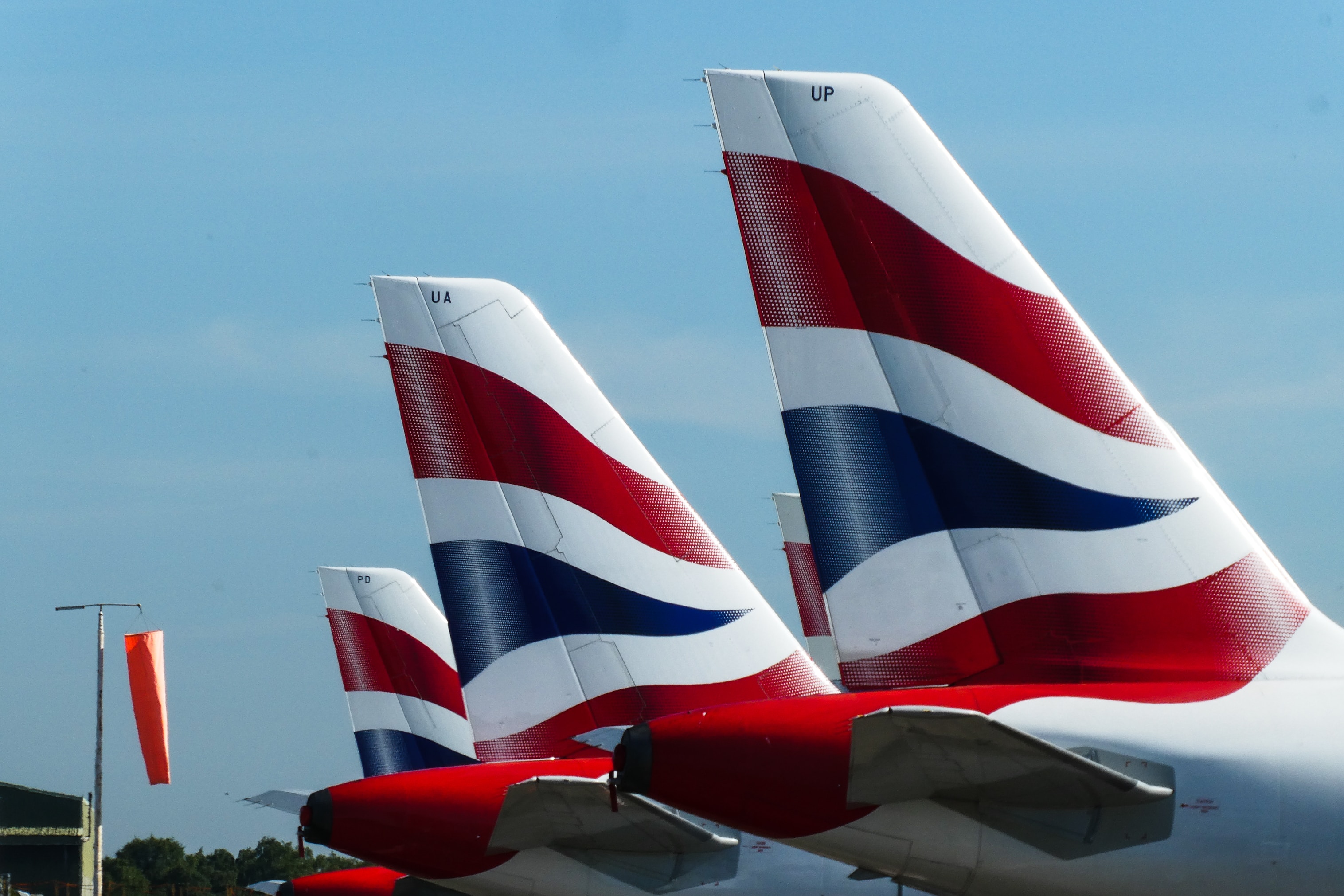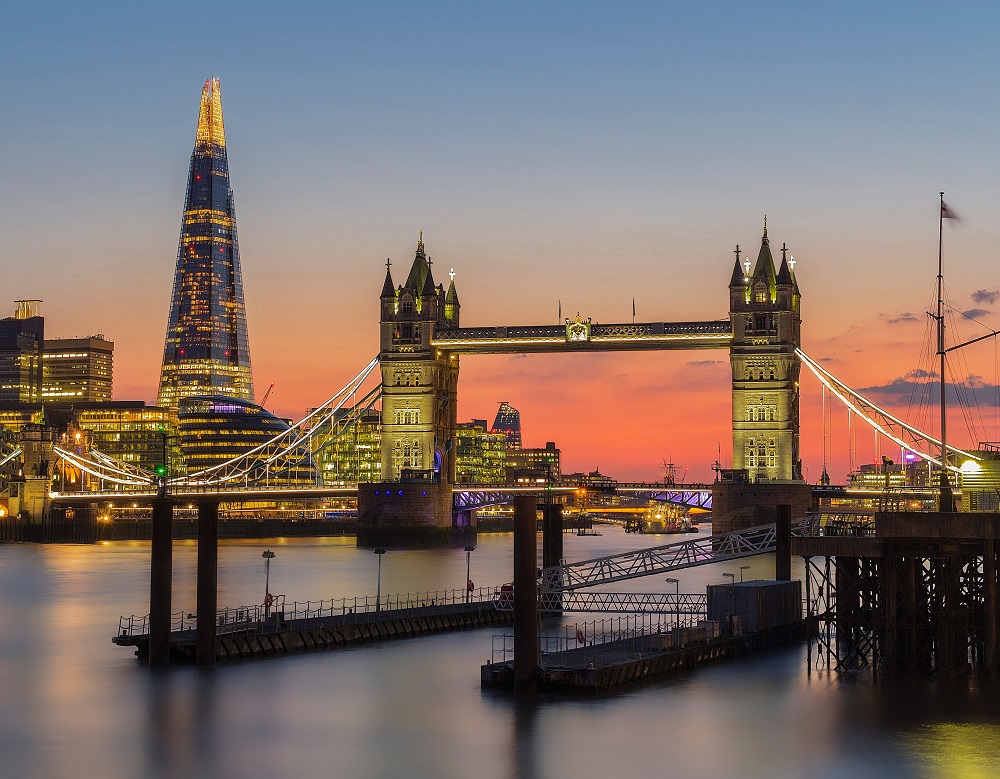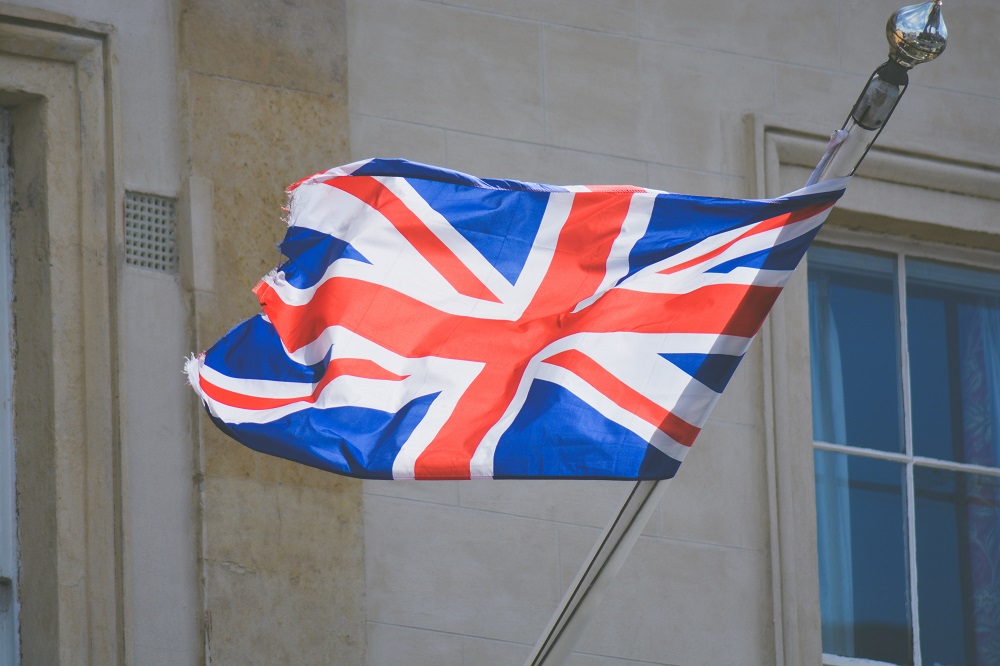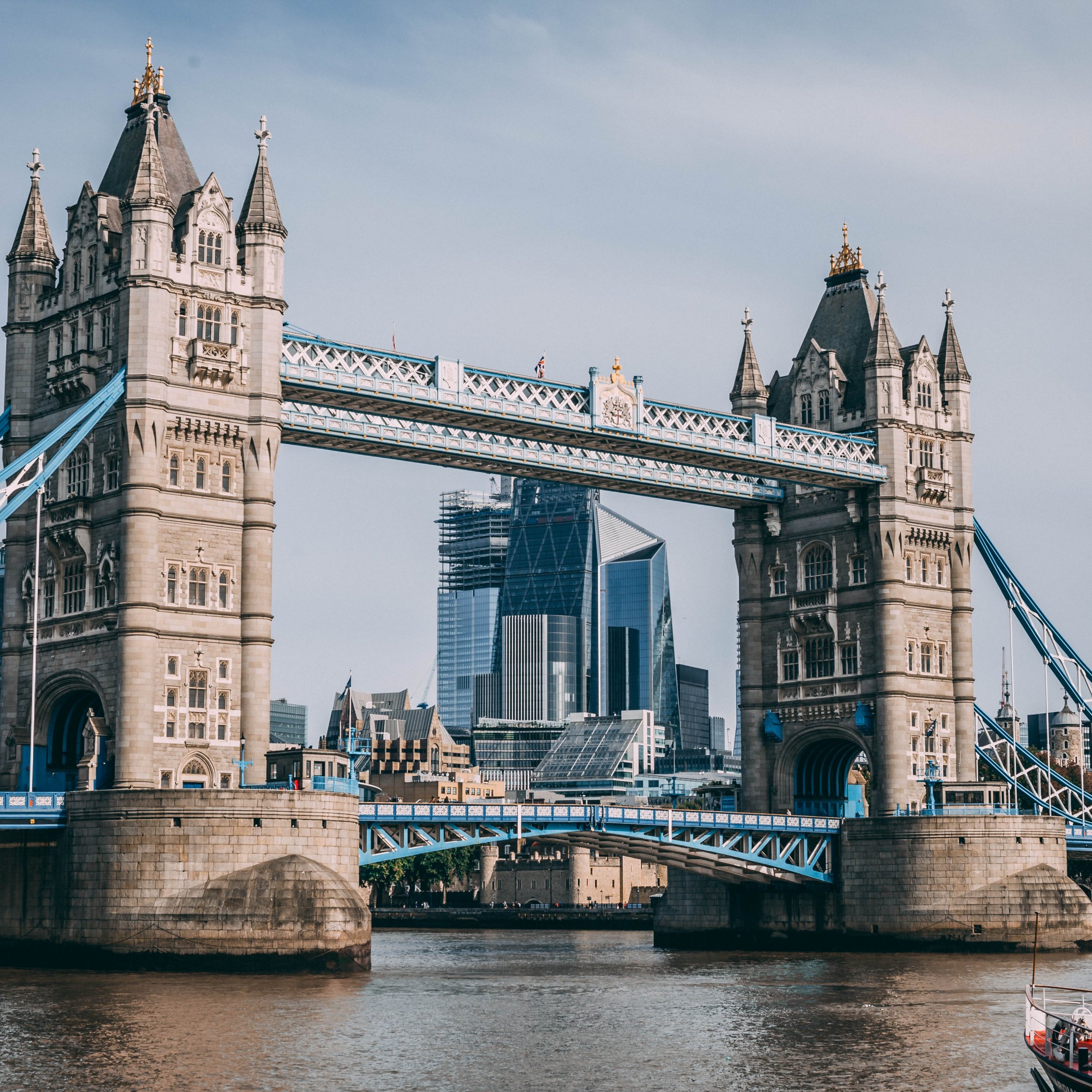The UK government recently announced that UK citizens who have been fully vaccinated will be able to travel freely across the UK and abroad. If they are visiting other amber countries, the citizens won’t even have to isolate themselves if they have been double jabbed. While that is great news for all those who wanted to travel in the summer, it is not so great for the UK economy.
The inbound tourism industry has been greatly affected over the last year and a half with the COVID-19 pandemic leading the country into repeated rollouts of nationwide lockdowns. This new development does not help. The UK government continues to close off the UK economy and that has cost the nation billions of dollars.
The United Kingdom is the world’s tenth biggest tourist destination, accounting for over 7% of the total GDP in the country. Inbound tourism in 2017 in the UK recorded £24.5 billion (VisitBritain) in revenue, out of which £21 billion was spent in England alone.
What does this mean for the UK economy? How big of a deal is tourism to the UK businesses? Read on to find out.
Tourism in the UK
Inbound tourism is one of the largest revenue generators for the UK economy. Annually, the UK inbound tourism industry is worth £127 billion on an average. This figure does not just include the revenue generated from the money spent by tourists visiting the UK. The tourism industry creates jobs for many and supports nearly 2.6 million people (VisitBritain),which is 9% of the total population. That is correct. There are 2.6 million jobs created and provided to the UK citizens based on tourism alone.

The tourism industry is closely linked to multiple other industries, and by closing off inbound tourism, all the other industries related to tourism in the UK are also greatly affected. What are some of the industries that thrive on tourism?
Hotels and hospitality industry
Bread and Breakfasts in quaint villages around the UK, large hotels in the main cities, and everything in between. This industry thrives when there is a huge influx of tourists, and is often seasonal income for business owners.
Food and beverage industry
Inbound tourists travelling to the UK, or anywhere in the world for that matter, believe that the local foods and authentic cuisine is an important part of their vacation. The food and beverage industry, especially located in the tourism hotspots have faced a major hit in the last year, and many restaurants, pubs, and cafes have had to close down because of the pandemic. The ones who are still functional are on the brink of survival, and the travel restrictions for the inbound tourists is doing nothing to help.
Museums, tour guides, culture and heritage
The UK is filled with beautiful landscapes, heritage sites, castles, and more. There are somewhere between 5,000 to 6,000 tourist and visitor attractions in the country. These places rely heavily on tourism in the country, and so do the businesses that have cropped up around them. Without inbound tourists willing to travel far and wide to experience what the country has to offer, the UK economy in these regions suffers – and it has been for the last year and a half.
There are many other industries that focus on tourism as a part of their source of income such as advertising for tourism, marketing, travel guides and other agencies, which have all suffered greatly due to the the travel restrictions.
Read also: UK economy to grow 5.1% in 2021 – Road to recovery post the second wave
While it makes sense if the entire country is under lockdown for the safety of its citizens, it starts to make less sense if the citizens have eased travel restrictions for them but no citizens of countries around the UK can enter to help the UK economy stabilize and recuperate from its losses.
How is inbound tourism different from domestic tourism for the UK economy?
Inbound tourism generates a lot more income for the UK economy. Now you may be wondering, tourism is tourism, right? How does it matter where the people are coming from? Does it really have that much of an impact?
The latest tourism reports from 2019, before the pandemic hit and the country went into a total lockdown, stated that inbound tourists or overseas visitors who came to England on a holiday, spent £24.8 billion (VisitBritain) in the year. So, how are inbound tourists different from domestic visitors in the country?

Domestic tourists who are traveling around the UK are a lot less keen on visiting heritage sites and experiencing the many things the UK has to offer. A lot of domestic travel within the country is done to meet up with relatives and friends. If you are going to meet your grandparents over Thanksgiving, or visit your aunt and uncle over summer break, you are a lot less likely to go explore the terrain.
Now let’s take a look at inbound tourists. They have no other motive to visit the country except to see what it has to offer. They spend a lot of money to travel and explore, and visit all the tourist attractions, neighbouring businesses and more. They stay longer than domestic visitors and provide the much needed economic support to the businesses and venues located in these areas. Data analytics services can provide more insight on the exact impact of inbound tourists on the UK economy.
Pubs, restaurants, hotels, bread and breakfasts, tour guides, travel agencies, airlines… The list of businesses inbound tourists help support is endless. There is no doubt about it, inbound tourism is a must for the UK economy and if the country is relaxing some restrictions on its citizens, the government needs to take steps towards relaxing restrictions for those who are willing to visit from other countries as well.
What are the updated travel restrictions for UK citizens?
According to the Transport Secretary Grant Shapps, the new travel rules for UK citizens will take effect from July 19. These relaxations on travel rules state that UK citizens will have to take two tests if they are travelling abroad and returning – one will be the day prior to boarding their flight and the second one will be on the second day after their return.
The ten day isolation period and testing on the eighth day for citizens has been lifted, allowing citizens who have returned from amber countries to move about freely and resume their lives. While this is great news for the aviation industry as they can finally resume their international flights, and for those with businesses abroad, it is not that great news for the local industries.
The biggest reason for this uproar in the country is that by continuing to close the country off to international tourists and visitors, they are effectively closing the fifth largest source of revenue for the UK economy. The ban on international tourism and exports has greatly affected the country and will close many businesses for good if it goes on for any longer.
What changes are the people of the UK looking for?
No one is contesting the relaxation of international travel for UK citizens. Everyone in the country is elated to be able to travel abroad and to finally get out of their homes and visit their friends, family or just explore new places after being cooped up indoors for so long. What the people of the country want is the new relaxations to extend both ways.
They want others from amber countries to be able to visit the same way UK citizens can visit abroad. They want to ease the relaxations of international tourists trying to come to the UK to be able to add to the UK economy. The 10 day isolation in quarantine can put a damper on anyone’s holiday spirit and can increase the cost of a vacation to the UK by a lot. This reduces the likelihood of visitors from other countries coming to England, and the tourism industry continues to be negatively impacted from the restrictions while the other industries start to recover.

People of the UK find the lack of clarity towards the tourism sector frustrating and are demanding they receive some form of a timeline as to when the country will open up to international tourists as soon as possible.









